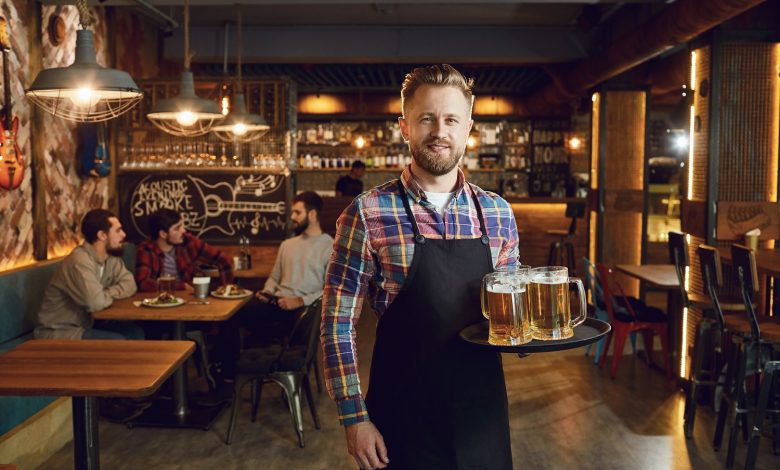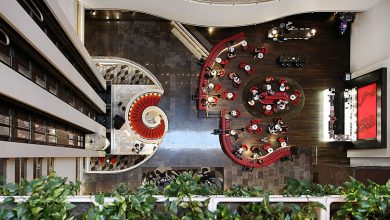
Direct is best: The antidote to inflationary pressures?
Op-Ed: Under economic pressure? Paul Hadida says focus on direct relationships, communication & personalisation & you can be more optimistic
For the last three years, the only certainty in the hospitality industry has been uncertainty. Restaurants, bars, hotels, accommodations and cafes have faced, and overcome, challenge after challenge. It’s made them more resilient, innovative and adaptable than ever before.
Those three traits will again be required today, as economic pressures impact both business budgets and consumer spending.
With inflation and interest rates rising at unprecedented rates over the last year, many venues across the country have faced an incredibly challenging dilemma: increase their prices to combat higher operating costs or absorb the cost themselves.
It’s been a dilemma many have faced in the last 12 months, and it could persist for some time.
A recent pause to inflation provided temporary reprieve, but the Reserve Bank of Australia subsequently warned during its April meeting that increases in both wages and immigration were making ‘reducing inflation more difficult’.
As costs like produce, rent, wages and utilities increase, more operators will be analysing their balance sheet to understand how to answer that difficult question of absorbing the costs or passing them on.
There is no straightforward answer, but while ongoing economic pressures are concerning, there’s reason to be optimistic for those who focus on direct relationships, communication and personalisation.
Direct is best
For all the justified concern about economic pressures, there is one major reason for hope: the unwavering ‘support local’ sentiment in Australia. Research from SevenRooms reveals that four in five (79 percent) Australians believe local restaurants, bars, hotels and cafes need their support more than ever.
And despite the cost-of-living pressures many Australian households face, they say personalised experiences would persuade them to maintain their usual spending and dining habits.
So, as operators face difficult economic decisions, customer retention – which according to forecasts is anywhere from 5-7x more cost-effective than customer acquisition – becomes incredibly valuable.
To incentivise retention, prioritise direct relationships. This is valuable for businesses and their customers.
Firstly, third party booking and ordering apps have additional fees, which burdens consumers with additional costs on top of their actual reservation or order in the first place.
And for venues, direct relationships allow for the collection of approved guest data that enables operators to understand their habits and preferences, then use those insights to provide personalised and exceptional experiences that guests are still willing to pay for.
Through this approved data, venues can provide personalised marketing that recognises their habits and needs, incentivises their custom, communicates openly and candidly – including about the rationale behind any price increases – and builds deeper relationships.
For example, if a regular guest hasn’t visited for a period of time, an operator could reach out with an offer or promotion based on their previous visits.
Personalisation incentivises loyalty, and loyalty can minimise the impact of inflation and the cost to a venue. While this might not help venues answer the question specifically, it has the potential to do something even more important – prevent them from asking the question in the first place.
Unfortunately, not all venues will be able to avoid such a decision forever. For those that are forced into a decision, operators should calculate their operating costs and try to forecast expected revenue based on historic revenue data and existing bookings.
From that, venues can determine how long they can maintain their existing prices or by how much they need to be increased. For those venues that are forced into an increase, communicate transparently. Australians don’t want to see their favourite venue suffer or close down, so be candid. A venue should tell them why they’ve been forced into action, if and when they’ll reassess their pricing, what they can expect from the venue over the coming weeks and months and, above all, thank them for their ongoing support and understanding.
Ultimately, the stronger a venue’s relationships with its customers, the less likely they are to have to increase prices, and the more understanding customers will be if they do. If your venue is faced with a similar decision, focus on direct relationships, marketing, communication, and personalisation.
If your venue absorbs the costs, it can drive retention through personalised, exceptional experiences. And if the costs are passed on to guests, Australians continue to demonstrate an unwavering support for local venues who build close, meaningful and personalised relationships.
By Paul Hadida, General Manager, APAC at SevenRooms, a data-driven guest experience and retention platform for the hospitality industry







